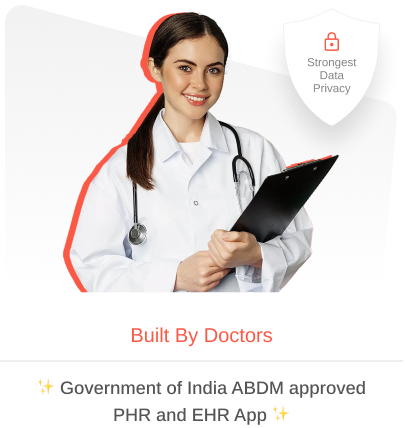The modern health digital solutions have transformed the healthcare sector totally by making services more accessible and efficient. Telemedicine has emerged as a critical component in this sector, it enables remote consultations, reducing wait times, and improving healthcare delivery. This integration of technology within the health management system enhances patient care and helps in smooth workflows. When combined with software with the management system, telemedicine ensures a more connected and responsive healthcare environment.
Benefits of Telemedicine in Health Management System
Here, we explain the benefits of telemedicine with their impact on the management of the health system.
Expanding Access to Healthcare
One of the most important benefits of telemedicine is its ability to provide medical assistance regardless of any geographical limitations. Patients in remote or underprivileged areas can easily connect with the health professionals without the need to move anywhere. A well-implemented management system for health provides these interactions by ensuring that medical histories, prescriptions, and diagnostic reports are readily available during virtual consultations. This smooth exchange of information improves decision-making and leads to better patient outcomes.
Improve Efficiency in Patient Management
For perfect patient care,timely managed appointments, tracking actual medical records, and guaranteeing timely follow-ups are necessary. Telemedicine, when integrated with patient management software, optimizes and enables automated scheduling, digital record-keeping, and secure smooth communication channels. This reduces the workload of administration and allows healthcare professionals to focus on quality care. Additionally, the synchronization of software for hospitals with telemedicine platforms ensures that treatment plans and prescriptions are updated in real-time, eliminating discrepancies and enhancing coordination.
Cost Effective Healthcare
By virtual consultations, the expenses of in-person visits are automatically cut down. The cost of infrastructure, travel, and administrative resources is minimized and makes healthcare more cost effective. A strong and modern integration of healthcare management systems with telemedicine enables providers to allocate resources efficiently, ensuring better financial sustainability. Patients also benefit from reduced hospital visits, lower consultation fees, and minimized loss of work hours.
Improving Chronic Disease Management
Patients with very bad conditions require proper monitoring and regular consultations. Telemedicine makes simple disease management by allowing remote monitoring through wearable devices and digital health tracking systems. When linked to patient management software, these tools provide real-time data on vital health metrics such as blood pressure, glucose levels, and heart rate. The professionals can assess trends, adjust treatment plans, and provide timely interventions. This incorporation guarantees that chronic disease patients receive proactive and personalized care.
Improve Data Security and Compliance
With the rise of digital healthcare innovation, there is a rise of security of sensitive patient data. The integration adheres to strict security protocols, safeguarding confidential information. Encrypted communications, multi-factor authentication, and compliance with regulatory standards protect patient records from unauthorized access. A well-structured system for healthcare confirms that telemedicine consultations are conducted within a secure framework, maintaining trust and credibility.
Read More: How a Healthcare Management System Simplifies Hospital Operations
Provide Mental Health Support
By telemedicine, mental health has greatly benefited by allowing individuals to seek therapy and counseling remotely. Virtual consultations break barriers such as stigma and geographical constraints, encouraging more people to seek help. The health softwares plays a very important role in scheduled sessions, tracking progress,etc.
Enhancing Emergency Response
Telemedicine is useful in emergency situations, enabling quick assessment and guidance before patients reach a hospital. Remote consultations help determine the severity of a condition, allowing emergency responders to prioritize cases accordingly.
Conclusion
Finally the integration of telemedicine with the health management system has redefined healthcare delivery. By reducing barriers to access, improving patient engagement, and optimizing workflows, telemedicine ensures that healthcare providers deliver timely and efficient care. A well-structured healthcare management system of the Roojh enhances these benefits by enabling seamless data exchange and coordination among medical professionals. As digital healthcare continues to evolve, the adoption of telemedicine-driven solutions will play a crucial role in shaping the future of patient-centric care.








